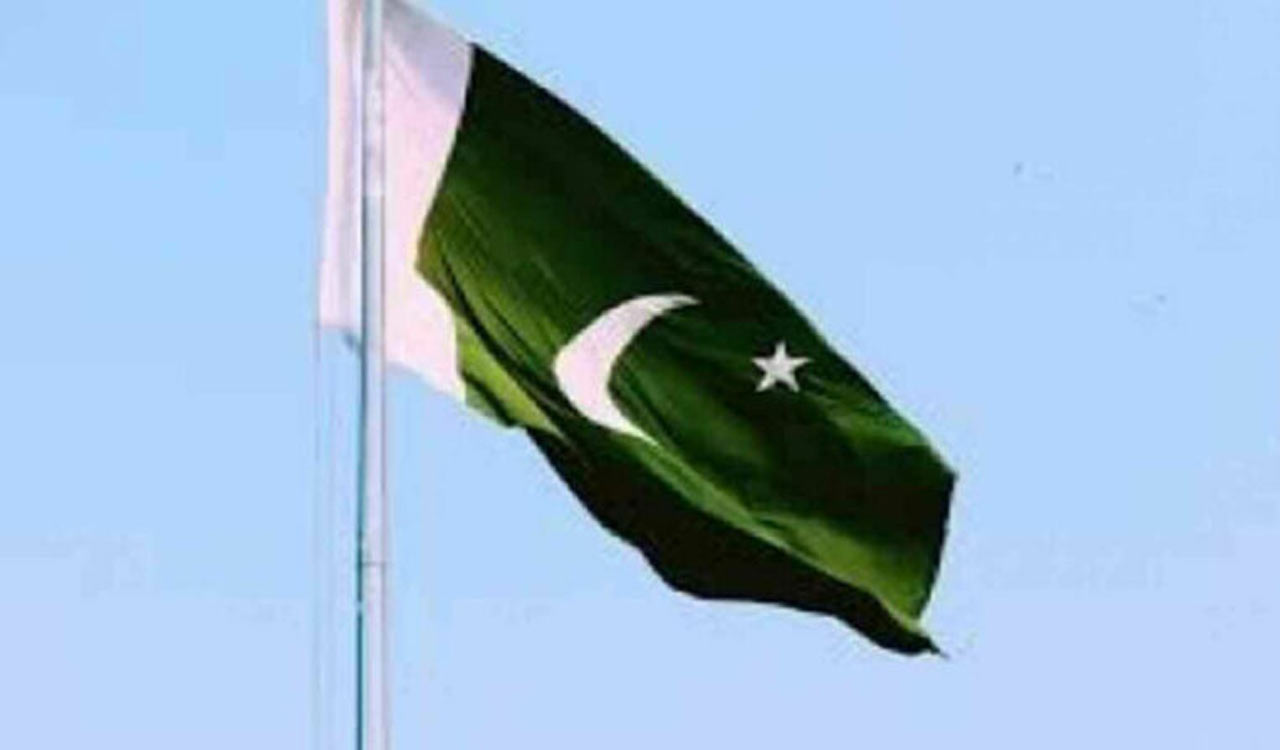One thing certain about the Pakistan’s new coalition government is its inherent political instability
Published Date – 23 February 2024, 11:59 PM

The post-election chain of events in Pakistan is a chronicle of chaos foretold. There is an unmistakable sense of déjà vu as the dramatis personae in the unfolding political saga play out their scripted part. The same set of discredited players are back in the reckoning, virtually making a mockery of electoral democracy. More than two weeks after one of the most tainted elections in the country’s parliamentary history, a coalition government brokered by the army is finally in sight, however shaky and fragile it may look. It is no surprise that the constituents of the new government — Pakistan Muslim League (PML-N) and Pakistan People’s Party (PPP) — are the same players that made up the Pakistan Democratic Movement (PDM) alliance, which took office after Imran Khan’s unceremonious ouster in 2022. As per the understanding reached between the key players, Shehbaz Sharif will be back as Prime Minister and PPP co-chairman Asif Ali Zardari will become President. The Speaker of the National Assembly will be from the PML-N, while the Senate chairmanship and the Khyber Pakhtunkhwa and Punjab governorships will go to the PPP. Nawaz Sharif will play the role of a mentor to the alliance. The two parties will also jointly form a government in Balochistan. Though the spoils have been quite generously divided, the PPP’s support for the PML-N government will not be guaranteed in all matters. The PPP will vote with the PML-N only on motions of confidence and spending bills. For all else, the PML-N may be on its own.
The deals are finally done — largely due to the behind-the-scenes operation by the Rawalpindi military bosses — but the question is whether they reflect the public choice. Clearly, the elections were manipulated to keep the more popular Imran Khan, the jailed chief of Pakistan Tehreek-e-Insaf (PTI), out of the reckoning. In its new avatar as the Sunni Ittehad Council — after it was derecognised as a political party by the election commission — the PTI will be the single largest party in the Lower House and will sit in the opposition. Despite Imran being incarcerated and his party being disbanded, independents contesting with the former PM’s support have emerged as the single-largest block. Already, the popular perception is that the poll mandate has been stolen to favour those parties which are willing to be subservient to the army. General Asim Munir’s support will be crucial for the coalition government to manage internal differences and also to govern the country. One thing certain about the new coalition government — akin to an old wine in a new bottle — is its inherent political instability. In the present outing, Shehbaz Sharif will be up against more formidable challenges on the economic, political and social front. Given the unstable political situation and tenuous military-civilian relationship in Islamabad, India cannot expect any dramatic changes in bilateral relations in the near future.




